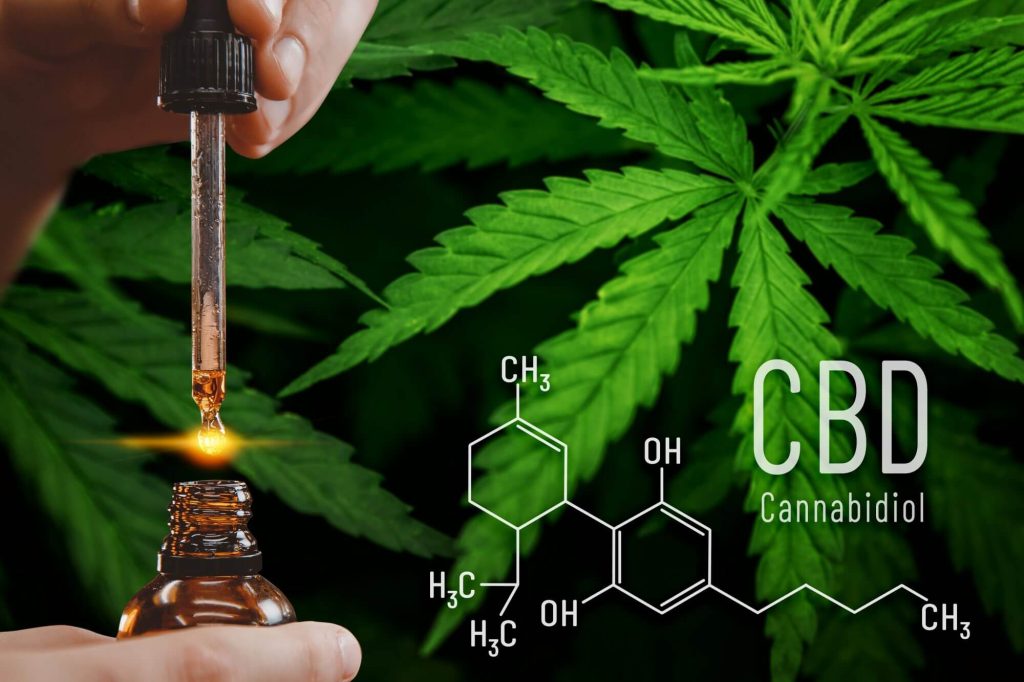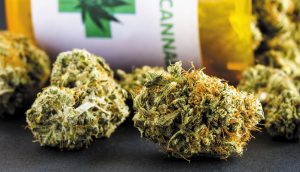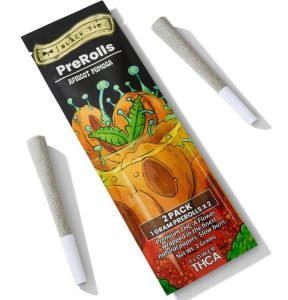How Do You Spell Wellness?

CANNABIS CULTURE – We spell it C-B-D (here’s how you can too.)
Cannabidiol, commonly referred to as CBD, is one of over 100 naturally occurring compounds found in the cannabis plant. Unlike its cannabinoid cousin THC, which is primarily responsible for cannabis’ psychedelic effects, CBD does not induce an intoxicating “high.” Instead, CBD has shown potential to interact with our body’s endocannabinoid system in ways that may promote and support overall wellness.
What is the Endocannabinoid System?
The endocannabinoid system, or ECS, is a network in our bodies that helps keep things balanced. It has cannabinoid receptors located throughout the brain, nervous system, and other tissues. The ECS works to regulate important processes like sleep, hunger, pain, and immune function. Our bodies make their own endocannabinoids that attach to the receptors and signal the ECS to do its job.
When CBD enters our bodies, it also attaches to the cannabinoid receptors. This “taps into” the ECS communication system. CBD doesn’t overwrite the ECS, it supports the receptors in their regular tasks. By helping the ECS receptors do their regulating work, CBD may provide health benefits. Research shows CBD interacts safely with the ECS without disrupting its natural balance. This likely contributes to CBD being well-tolerated in studies so far.
Potential Mental Health Benefits
Initial scientific research suggests that CBD may help alleviate symptoms associated with certain mental health conditions. CBD appears to reduce anxiety, depression, and stress symptoms when administered to volunteers in some preliminary studies.
Additionally, clinical trials have linked CBD with improved sleep patterns and reduced symptoms of PTSD and social anxiety. But more extensive human testing with larger sample sizes and controlled trials are still needed. Additional research is needed to determine optimal CBD dosage levels for different issues, potential long-term effects from prolonged use, and how CBD may interact when paired alongside traditional, prescription-based therapies.
Potential Physical Health Benefits
Previous animal and cellular research has indicated that CBD helps reduce inflammation and relieve chronic pain when introduced into test subjects. Early observational studies on human subjects suggest CBD may ease arthritis pain by interacting with the body through mechanisms separate from conventional pain medications.
Additionally, preliminary findings link CBD to helping reduce symptoms experienced by patients dealing with epilepsy, multiple sclerosis, and some forms of cancer. Specifically, CBD has shown potential for alleviating epileptic seizures not fully controlled by traditional treatments, lessening MS-related muscle spasms and neuropathic pain, and hindering tumor growth in certain cancer cell lines. Ongoing controlled clinical trials aim to confirm CBD’s safety profile and efficacy when targeting these neurological and metabolic ailments. Researchers hope larger trials will solidify CBD’s effectiveness compared to placebo effects and establish optimum dosage guidelines.
Safety and Side Effects
CBD is considered very safe, with minimal side effects reported even at high doses. Rare potential downsides include tiredness, changes in appetite/weight, and diarrhea. Quality consistency issues could exist without regulation. CBD may interact adversely with certain prescription drugs when combined. But overall, in recommended amounts and high purity forms, CBD appears well-tolerated by most adults and children.
Future CBD Research
Higher quality studies are needed to prove how CBD works in the body, determine safe doses without psychoactive properties, and evaluate long-term impacts over time. CBD’s interactions with other medicines and consumption methods like edibles also require investigation. Combining CBD with related plant compounds may provide added benefits but needs testing.
Understanding how CBD engages our endocannabinoid system is important as well. While early evidence suggests CBD can safely reduce anxiety and inflammation, continued exploration through more research may unveil CBD’s full therapeutic potential and allow it to be developed as proven medical treatments.
Although research has just begun unlocking CBD’s healing possibilities, analysis of existing data paints an optimistic picture of natural wellness support through this non-intoxicating compound. As interest grows in cannabinoid-based therapies, quality controlled clinical investigation will be key determining CBD’s most effective and safest applications outside prohibition-era stigma. For now, many experience relief yet more answers are needed regarding long-term balanced usage strategies.
Curious about CBD but don’t know where to start? This informative overview breaks down what CBD is, how it engages our complex endocannabinoid system, and what conditions it may help alleviate based on existing research.
As interest in CBD and cannabinoid therapies expands, having a trusted source for high-quality products and insights becomes increasingly valuable. For over 25 years, Cannabis Culture has provided education on cannabis compounds, establishing itself as a pioneering hub for all things wellness-related.
Visit CannabisCulture.com to browse our selection, gain more accurate understanding through additional articles, and potentially enhance your health with CBD.





